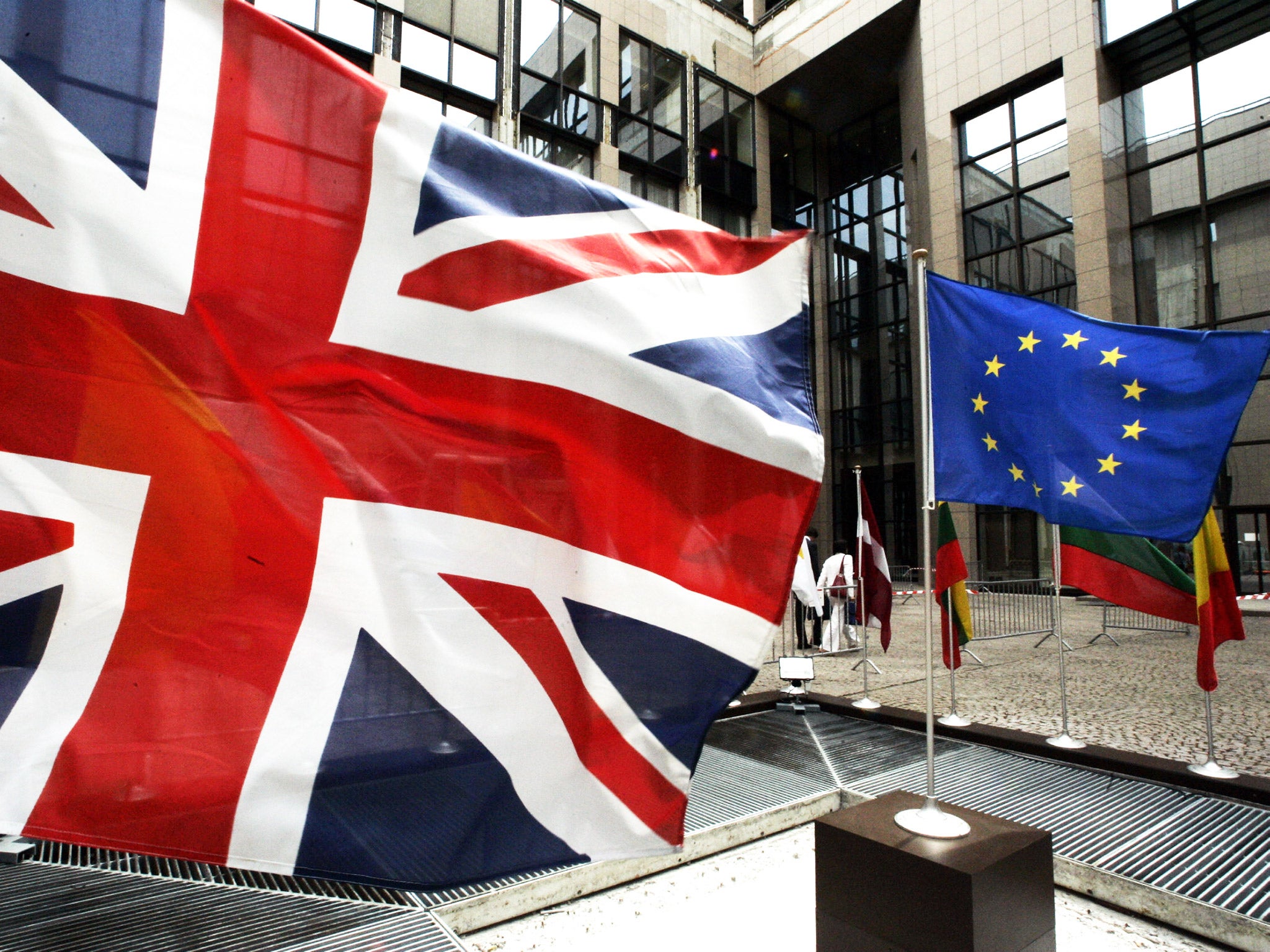Warnings for British expats as overseas bank accounts close
UK citizens living in Europe could be locked out of everyday banking thanks to Brexit

Britons across Europe are being warned they may be locked out of everyday banking because their provider won’t be authorised to trade under EU banking rules after Brexit.
Banks have begun sending letters and emails regarding hundreds of thousands of bank accounts and credit card facilities held by British citizens living in Europe which will be closed by the end of this year.
They had previously been able to trade freely across the EU, operating under so-called “passporting” rules, which allow financial institutions in one EU country to operate across the European Economic Area (EEA) without having to secure additional authorisations.
“‘Passporting’ enables cross-border transactions between EU member states through shared financial regulation,” says Jason Porter, director of specialist expat advisory firm Blevins Franks. “It is currently possible because the UK Financial Conduct Authority (FCA) is bound by the same rules and standards as other regulators in the EU.
“But once the UK leaves the EU, the regulation of financial activity and consumer protection may not continue to line up on both sides. As such, unless a mutual deal is agreed on financial services, the EU will not permit ongoing passporting arrangements for UK financial businesses and advisers from 1 January 2021.”
Most have decided it simply isn’t worth it and have now contacted expats across the continent to tell them their accounts are about to close.
Not only are these Brits abroad facing the immediate challenges of everyday banking, but with only HSBC and Santander continuing to provide services, the options left for those who need to maintain their UK-based banking for a wide variety of reasons could be more expensive and offer far less choice.
On Tuesday the chair of the Treasury Select Committee, Mel Stride, wrote to the Financial Conduct Authority (FCA) imploring the regulator to ensure those facing account closures are given “sufficient warning so that they have time to make alternative arrangements”.
He asked the FCA to confirm what notice period customers should expect to receive over account closures initiated by their bank.
Don’t panic
“These account closures are not fake news, and the prospect of thousands losing credit cards, bank accounts and investments in December is very real; however, your first course of action must be to confirm any impact to the status of your account with your bank,” says John Westwood, group managing director at Blacktower Financial Management Group.
“There are caveats to these closures, such as whether you still hold a UK address and whether certain savings products will be still permitted in Europe. Speak to your bank and make sure you receive full clarification on your situation before taking any action.”
“If your finances will be affected by these closures you must act swiftly, but not impetuously. A rash decision could have an irrevocable impact on your savings and investments.”
He advises opening a banking account in your country of residence if only for caution’s sake. Even a small deposit in an international account will provide a back-up plan while you discuss your options with a financial adviser.
Be aware that this service too, could fall foul of the same rules.
A UK-based adviser may be able to continue supporting clients with UK-based investments. But if savings and investments are held with an EU-based institution, from 2021 they may not accept instructions, such as top-ups, from a UK adviser.
“The financial regulator in France, for example, has already confirmed it will be illegal for French banks and insurance firms to do business with a provider which is not authorised in the country,” says Porter.
“We can expect similar positions to be taken by other EU regulators seeking to protect consumers in their country, so this could limit the planning opportunities for expatriates using UK-based advisers.
“Affected clients and their advisers need to act quickly to make alternative financial arrangements.”
The warnings come as experts highlight further complications for British expats who own property overseas, particularly the 200,000 Britons who own a holiday home in France.
A rule known as Succession Regulation stipulates that where a person dies owning assets in an EU Member State that the succession laws of the deceased person’s country of habitual residence are to apply. But the UK didn’t opt in to that regulation.
“English law allows people to leave their estate assets to whomever they choose without the obligation to provide for close relatives. French law is based on civil law, and for successions the main principle is that children are protected heirs,” says Sarah Bogard, a senior solicitor at Kent law firm Furley Page.
“Many British couples who own a French property and who haven’t reviewed their wills after buying often find that the property share will be inherited by the surviving spouse and the children, even if their will provides for the surviving spouse to be the sole heir.
“For many, this may not turn out to be a problem, but for some it can be an unexpected and unwanted surprise.”
For those habitually resident in the UK, French law would still apply to the distribution of the French property unless someone expressly declares in their will for the succession laws of their country of nationality to apply to estate assets in the EU.
Join our commenting forum
Join thought-provoking conversations, follow other Independent readers and see their replies
Comments
Bookmark popover
Removed from bookmarks